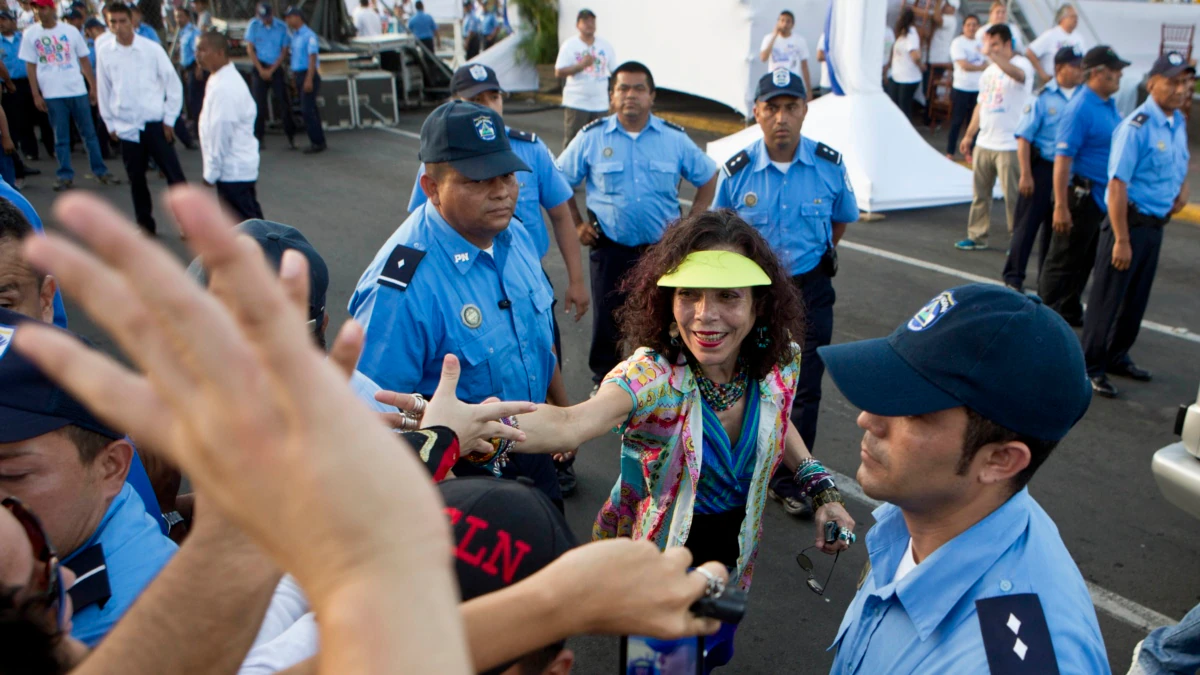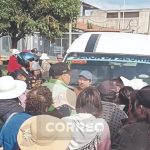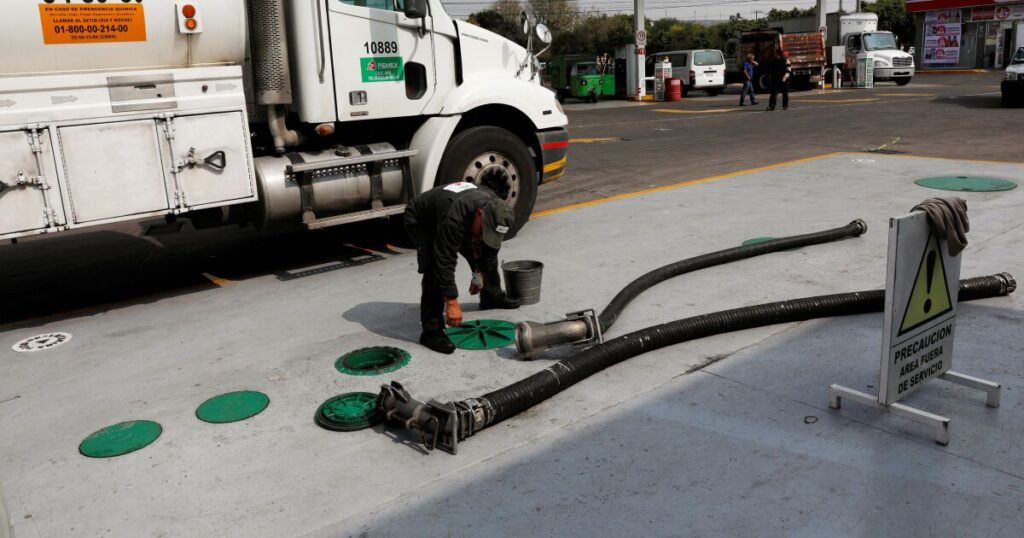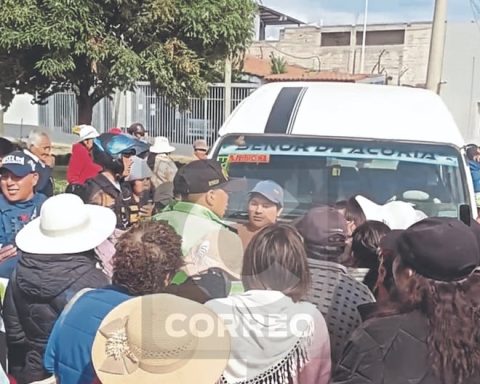The European Union and the United States separately condemned the “arbitrary” closure of seven Catholic radio stations by the Nicaraguan authorities on August 1, and from other community media shortly after, in what has been classified as a new repressive escalation by President Daniel Ortega.
According to the European Union, Ortega used “excessive” police force to occupy the facilities of one of the radio stations; while in order to intimidate and disperse the protesters, he fired tear gas and shots at himself.
“This constitutes another violation of freedom of expression and freedom of religion or belief,” the statement said. EU in a statement.
For his part, Brian Nichols, Undersecretary for Western Hemisphere Affairs of the US Department of State, condemned “the attack on the Sébaco parish” in northern Nicaragua, and said that “the Ortega-Murillo regime must put an end to the repression of the Catholic clergy”.
Following criticism, the government spokeswoman Rosario Murillo He reacted in a message at noon on Thursday during his daily intervention in the official media in Nicaragua, calling the European Union and the United States “hypocritical.”
“Across the entire European Union and the United States itself, a closure of media belonging to the Russian people has been applied, such as Russia Today (RT) or as Sputnik. They speak and criticize, and on the other hand, they do what they are criticizing,” Murillo harangued, who is the second in command in Nicaragua.
“The thought, the dual, hypocritical behavior” of the EU and the US is truly schizophrenic, said Murillo, who is sanctioned by both Washington and Brussels.
Independent journalists have criticized Murillo precisely for leading “the repression” against the media, along with Ortega.
In fact, Murillo barely a month after Ortega’s return to power, in 2007, established the so-called “Communication Strategy”. This established that the official information should come out “uncontaminated”.
To achieve that purity, he maintained, they would report only through the media created by the Sandinista government. Since then, the independent press has been prohibited from entering press conferences of state institutions and even events of the powers of the State.
They demand an end to repression
Nicaragua has been experiencing a serious political crisis since 2018, when protests broke out against President Daniel Ortega, who has been entrenched in power for more than 15 years.
These protests left more than 300 dead, hundreds of political prisoners and dozens of wounded.
“Since 2018, the Nicaraguan government has unleashed unprecedented levels of violence against its own people, resorting to assassinations, enforced disappearances, imprisonment, harassment, and intimidation against political opponents, journalists, human rights defenders, religious leaders, and other leaders,” the statement said. EU about it.
Therefore, they demanded that Ortega and Murillo “end all the repression and restore full respect for all human rights, as well as the release” immediately and unconditionally of all political prisoners and annul all legal proceedings against them, including their convictions.”
Connect with the Voice of America! Subscribe to our channel Youtube and turn on notifications, or follow us on social media: Facebook, Twitter and Instagram.

















